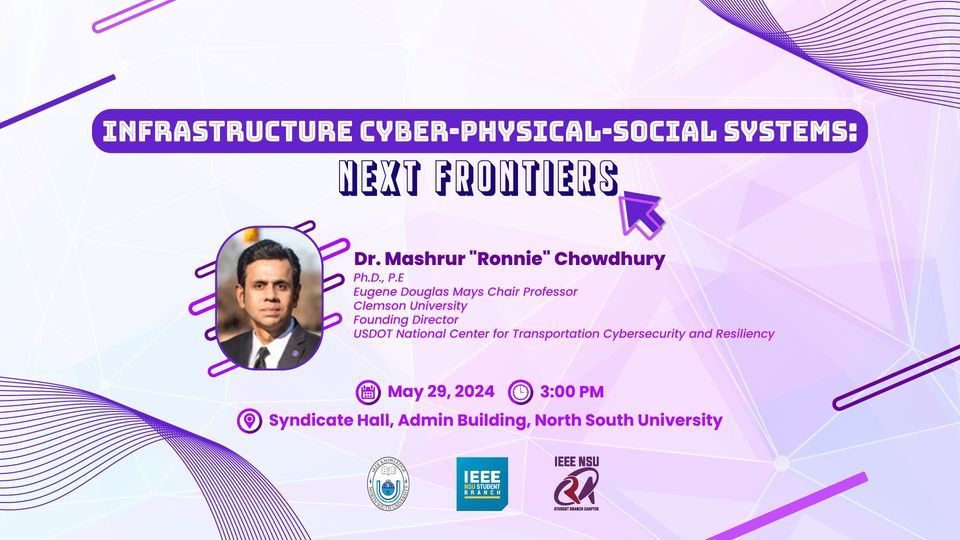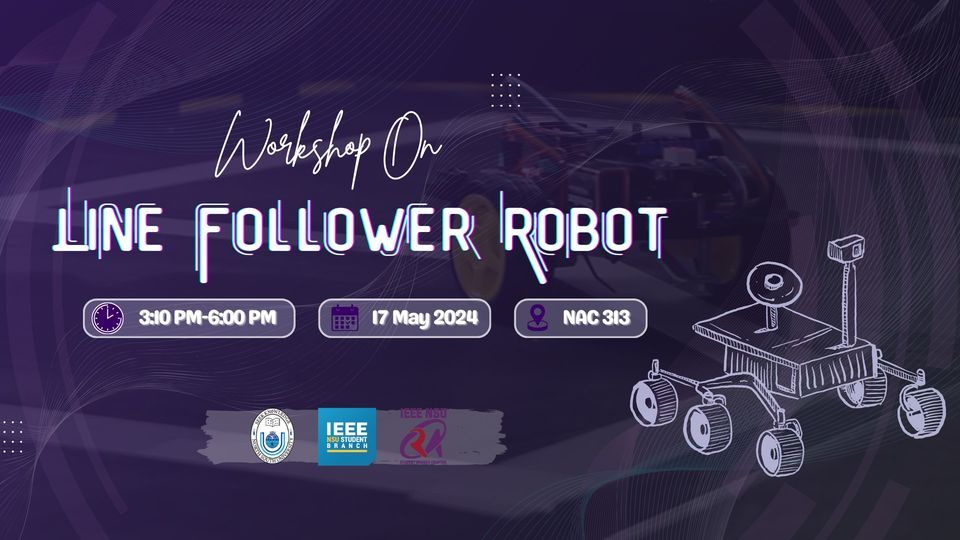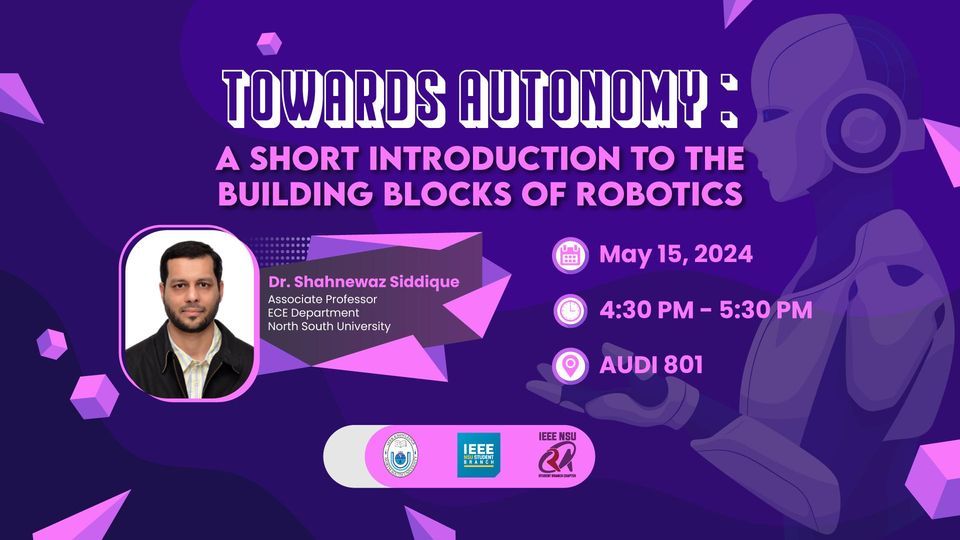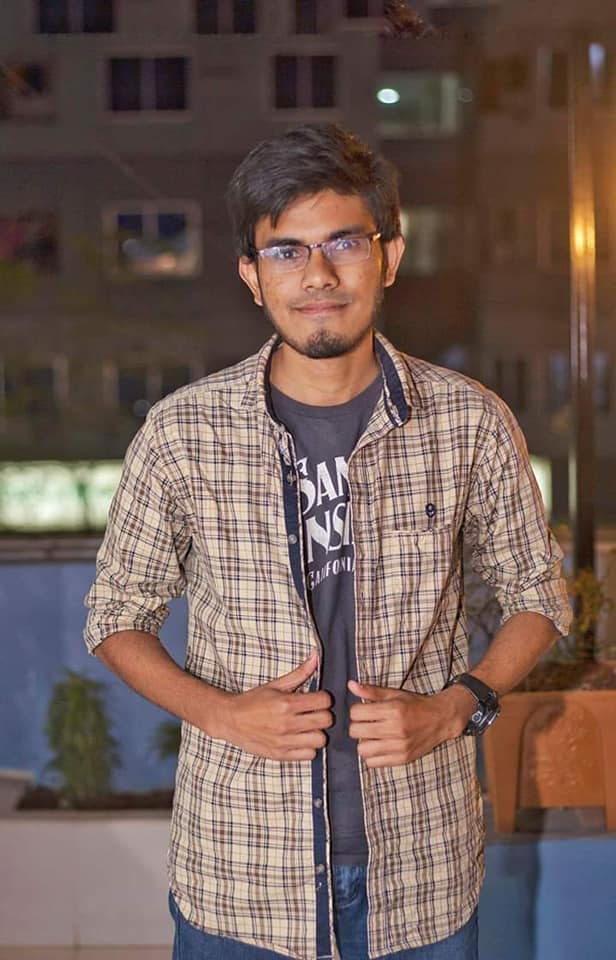ROBOCAMP: CRAFTING TOMORROW'S INNOVATORS
EEE NSU Robotics and Automation Society Student Branch Chapter in collaboration with IEEE NSU Student Branch - INSB organized a creative and interactive workshop titled "ROBOCAMP: CRAFTING TOMORROW'S INNOVATORS" aimed at introducing the fundamentals of robotics at Dino’s Orphanage on October 5th, 2024. Dino’s Orphanage is part of the LEF (Love, Education, and Food) organization in Dhaka. Our workshop is designed to foster creativity, teamwork, and self-confidence while offering a fun and engaging experience for all participants.
Robotics plays a crucial role in today's world by increasing efficiency and accuracy in industries. It brings innovative solutions in fields like healthcare, exploration, and education etc. Robotics also improves the quality of life through advanced technologies and creates a safer world for all. Our interactive workshop introduced the children to the basic components of robotics, including sensors, motors, and batteries—fundamental components of robots. They also learned the basics of robotics and gained hands-on experience on how to build a robot.













